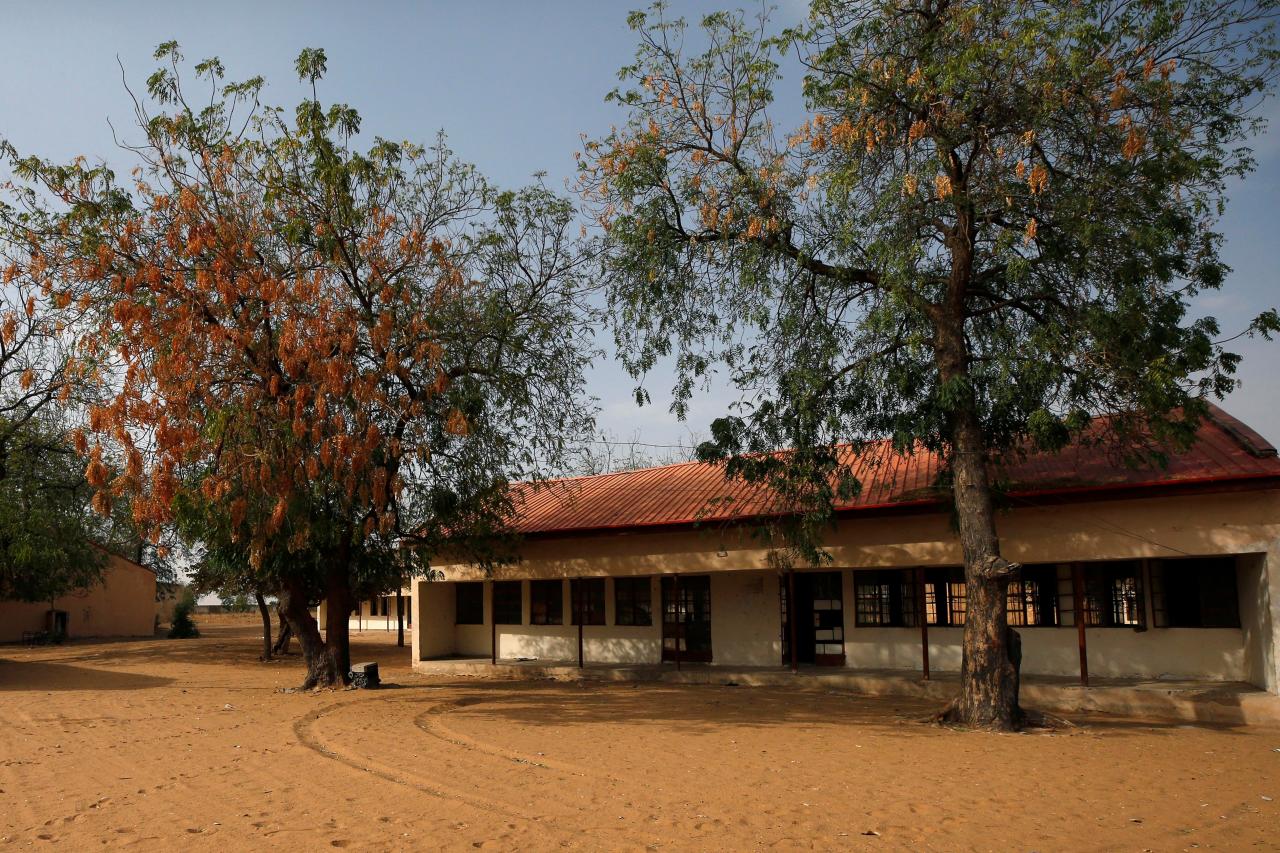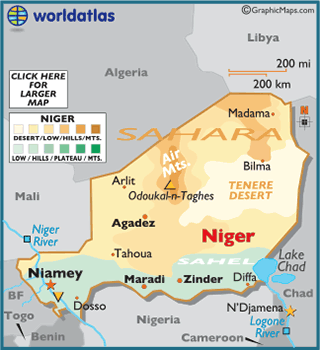110 girls missing in Nigeria
February 26, 2018 | Expert Insights

Days after terrorist group Boko Haram attacked a boarding school in Nigeria, the government has confirmed that 110 girl students are missing and unaccounted for. It has been less than three years since Boko Haram carried out a similar attack in another Nigerian school.
Background
Founded in 2002, Boko Haram is a Jihadist militant organization based in Northeastern Nigeria, also active in Chad, Niger and northern Cameroon. The group was founded by Mohammed Yusuf and has been led by Abubakar Shekau since 2009. For a brief period between 2015 and 2016, the group had also pledged its allegiance with ISIS. The militant Islamist group has caused havoc in Africa’s most populous country through a wave of bombings, assassinations and abductions.
Boko Haram promotes a version of Islam which makes it “haram”, or forbidden, for Muslims to take part in any political or social activity associated with Western society. This includes voting in elections, wearing shirts and trousers or receiving a secular education. Boko Haram regards the Nigerian state as being run by non-believers, regardless of whether the president is Muslim or not, – and it has extended its military campaign by targeting neighbouring states.
In 2009, Boko Haram carried out a spate of attacks on police stations and other government buildings in Maiduguri, capital of Borno state. This led to shoot-outs on Maiduguri’s streets. Hundreds of Boko Haram supporters were killed, and thousands of residents fled the city.
Bring our girls back movement
On 2014, 276 girls in Nigeria were kidnapped from the Government Secondary School in the town of Chibok in Borno State. Within the span of the next few months, 57 girls managed to escape. However, many remained in the custody of Boko Haram. Currently 112 young girls are still missing. A worldwide movement was launched called Bring Our Girls back. Former US First Lady Michelle Obama also joined in the pleas beseeching Boko Haram to release the captives. Some witnesses have stated that many of these girls were forcibly married to Boko Haram militants. Rescue efforts are still ongoing. Even in January 2018, one of the girls was rescued.

Analysis
Less than four years after the Chibok kidnappings, Boko Haram militants once again attacked a school with girl students. It was a boarding school in Yobe state. Initial reports stated that 111 girls went missing from the school following the attack. Three days after the attack, local officials released a statement stating that some of the girls had already been rescued. However, parents maintained that their children were still missing. Officials later apologized for publishing a statement on facts that were not credible.
Despite confusion initially from the government, authorities have now confirmed that 110 students from the school remain missing and unaccounted for. “The Federal government has confirmed that 110 students of the Government Science and Technical College in Dapchi, Yobe State, are so far unaccounted for, after insurgents believed to be from a faction of Boko Haram invaded their school on Monday”, the information ministry said in a statement.
President Muhammadu Buhari noted the incident was a “national disaster” and has vowed to bring back the girls. He took to Twitter to note, “This is a national disaster. We are sorry that it happened; we share your pain. Let me assure that our gallant armed forces will locate and safely return all the missing girls.”
In addition, Lai Mohammed who is the information minister has stated that in a bid to keep students safe in the country, police and security officials had been deployed to schools in the state.
NPR’s Ofeibea Quist-Artcon has provided this first account report noting, “Parents of dozens of girls missing from Dapchi government girls’ school in Yobe state were waiting to be reunited with their daughters. However, the state governor told them no girls were rescued by the Nigerian army, despite earlier erroneous reports sparking street celebrations, only for forlorn families to have their hopes dashed.”
Assessment
Our assessment is that the lives of hundreds of girls kidnapped in 2014 and in 2018 hangs in the balance in Nigeria. Previous eye witness accounts have noted that the young women kidnapped in 2014 were forced to marry Boko Haram militants and were treated inhumanely (some are even reported to have died as a result). The government should work along with the international community to pool together resources to ensure schools remain a sanctuary for children.
Read more: Boko Haram’s attack on Nigerian girls








Comments